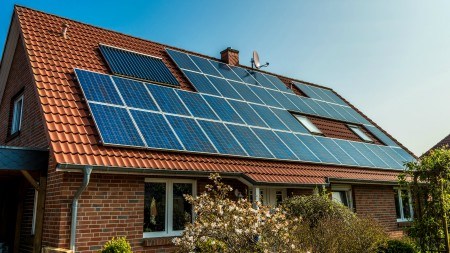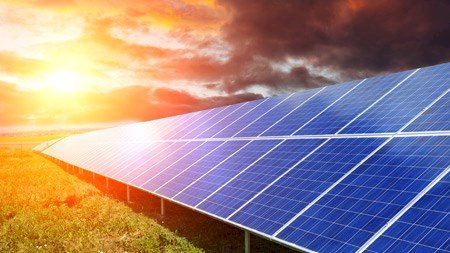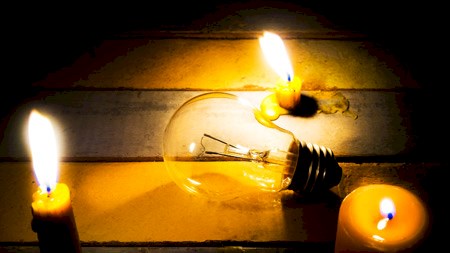Solar power is becoming increasingly popular with South African homeowners, but could they set your home on fire?
Over the past 20 years, more and more homeowners have turned to solar power to heat up water and provide light and warmth in their homes. It is also becoming increasingly popular in sectional title complexes and estates as owners seek to reduce energy costs and to become less dependent on municipal power supplies.
“Solar is much cheaper than running generators, for example, and also much ‘greener’, but homeowners and trustees should focus on the long-term savings and not try to cut costs too much when getting solar geysers, panels and storage batteries installed,” says Gerhard Kotzé, MD of the RealNet estate agency group.
“It is very important to use knowledgeable and qualified installers who make will make use of good quality materials and adhere to all the necessary safety codes because, like it or not, solar systems can be a fire risk if they are incorrectly set up and not properly maintained.’
He says there has been a steady increase in the number of reports from all over the world of home fires being caused by faults in solar power systems and especially banks of rooftop photovoltaic (PV) panels. “And most of these seem to originate not in the panels themselves but in poor quality isolator switches, faulty wiring, and worn or damaged components.
“Fire departments in many countries have also noted that rooftop panels incorrectly placed and cables and switches that are not properly insulated can also make their job much more difficult and dangerous if a fire does start. In addition, the weight of the panels means that burning roofs will collapse faster.”
With SA being a sunny country, says Kotzé, solar power seems like an obvious choice for homeowners who want lower-cost electricity – and for the many shopping centres and office buildings that are now also installing PV panels on their roofs.
“However, the key word here is ‘electricity’. That is what is being generated by the panels on your roof and it needs to be treated with the same caution as the electricity running through conventional home wiring systems. Consequently, we recommend that solar geysers and power systems should be regarded as forming an integral part of the home’s electrical network – and that homeowners should have any existing systems certified as being safe by a qualified, independent electrician.
“They should also ensure that panels are cleaned regularly and inspected for damage from the weather, birds or rodents, along with their associated switches, cables, inverters and batteries.”
Meanwhile, he says, those who are contemplating new installations should not be guided only by price. “There are a lot of ‘cowboys’ out there using sub-standard products so they can undercut the qualified installers, and taking advantage of the fact that a lot of homeowners are not familiar with how solar really works.
“To be safe, you should only use a reputable supplier who can provide references – such as a member of the Sustainable Energy Society of SA (see http://sessa.org.za/).
“You should also ask your installers to specify exactly which brand of panels and inverters they will use so you can check that these are safety-approved. And you must make sure that the installation will be done by a qualified person and that the work will be guaranteed.”
Then finally, Kotzé notes, you should check with your insurer to see if or how your homeowners’ cover (HOC) might be affected by a solar installation.



